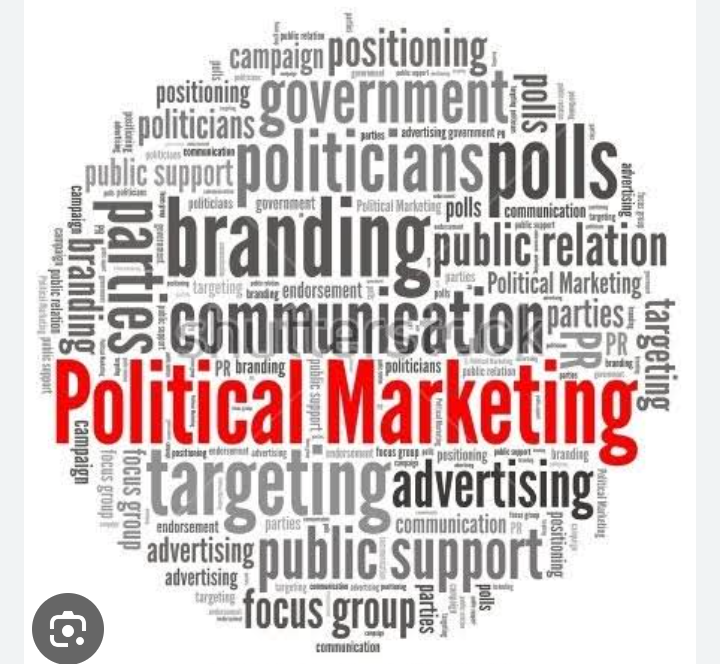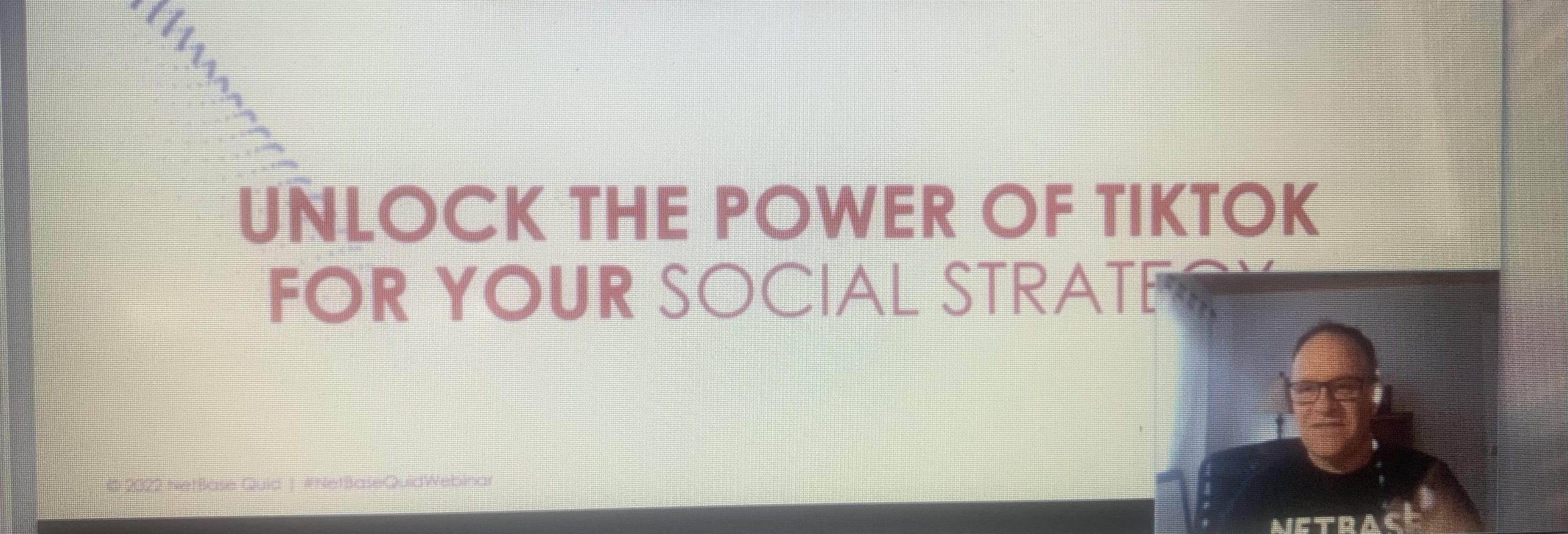For decades, political seasons in Nigeria have served as a golden opportunity for the Out-of-Home (OOH) advertising industry.
With campaign periods historically marked by eye-popping billboards, bold messaging, and a vibrant atmosphere of competition, political advertising was once the goose that laid the golden egg for outdoor practitioners.
Billboards were not just communication tools they were icons of influence, dominance, and message amplification. But something has changed.
Across Nigeria today, the colourful, engaging, and creative political campaign materials that once filled streets and skylines have drastically dwindled.
In the past, electorates eagerly anticipated election cycles, not only for their democratic significance but also for the spectacle of billboard wars.
These massive displays announced political contenders in a visual contest of wit and reach, giving voters something to remember and often something to sing along to.
The last campaign that many still recall fondly is that of former Lagos State Governor, Akinwunmi Ambode a campaign remembered for its strong visual identity and clarity of message.
Fast-forward to the 2023 general elections, and the story is strikingly different.
Instead of high-impact billboard campaigns led by top-notch creative agencies, what dominated the streets were modest posters, forgettable visuals, and minimal engagement.
Also Read: NIPR Invests Governor Eno as Patro
While a few high-profile candidates such as Governor Babajide Sanwo-Olu and President Bola Ahmed Tinubu maintained a visible presence in Lagos, the general vibrancy that once defined political OOH campaigns seemed to have evaporated.
Also Read:Bytes, airSlate partner to transition Nigeria
At the heart of the issue lies a convergence of troubling dynamics. First, is the noticeable budget cutbacks by political parties.
In a bid to slash costs, many candidates and their campaign teams begun bypassing advertising agencies altogether opting instead for untrained, low-cost campaign coordinators who deliver poorly executed materials lacking strategic insight or visual polish.
While cheaper, these approaches rob political campaigns of the professionalism that seasoned creatives bring to the table.
This shift has left many billboard owners and OOH agencies out in the cold.
But is it just about the budget? Or are political marketers losing faith in the value of creative strategy? Industry observers are torn.
Some argue that politicians are responding to economic realities rising inflation, currency devaluation, and insecurity, all of which have squeezed campaign funds.
Others suggest that political marketers have failed to evolve creatively, leading to a perceived dip in value by clients.
It becomes difficult to know who to blame: the politicians cutting corners or the professionals offering lackluster output to meet shrinking budgets.
Although it has always been a huge challenge getting the right data when it comes to advertising spend in this country, this is one challenge that has continued to plague the industry up till today.
In 2015, Lagos alone witnessed a record political ad spend of over N5 billion on OOH placements.
Former LASAA Managing Director, George Noah, revealed then that N2.5 billion was spent on wall drapes and billboards, with additional spend covering lamp pole signage, electronic boards, and ground frames.
The 2019 elections followed a similar path, reinforcing the relevance of OOH in shaping public perception during elections.
Today, however, it’s clear that OOH no longer commands the same share of voice in Nigeria’s political marketing mix.
The decline has implications for the entire advertising ecosystem. Billboard owners are seeing less income. Creative agencies are taking on fewer political briefs.
Young advertising professionals many of whom saw political season as a chance to stretch their creativity are missing out on opportunities to showcase talent at scale.
And the electorate is left with uninspiring visuals that do little to inform or persuade.
One concern voiced by industry veterans is the rise of “quacks” individuals with no advertising training offering cheap, substandard OOH services.
Their proliferation not only waters down the quality of political marketing but also tarnishes the reputation of the profession.
The result is a fractured landscape where professional input is undervalued, and output falls below expectation.
As Nigeria looks ahead to 2027, the big question remains: will the OOH sector rise to reclaim its space in political marketing, or will it watch the spotlight shift permanently elsewhere?
Experts say the time to rebuild is now. That means engaging political stakeholders early, showcasing the value of strategic visual storytelling, and rallying for regulations that protect professionalism.
Some are even calling for an industry coalition to push back against substandard practices and ensure fair, quality-driven campaign work.
Political advertising is more than noise and name recognition. It shapes beliefs, influences votes, and reflects how seriously a candidate takes the democratic process.
Also Read: NIPR Invests Governor Eno as Patron
If it continues to be treated as a budget afterthought, the consequences go beyond business, they touch the very core of public engagement.
Watch: Nigerian Public Relations Week 2025






Comment
No comments found.